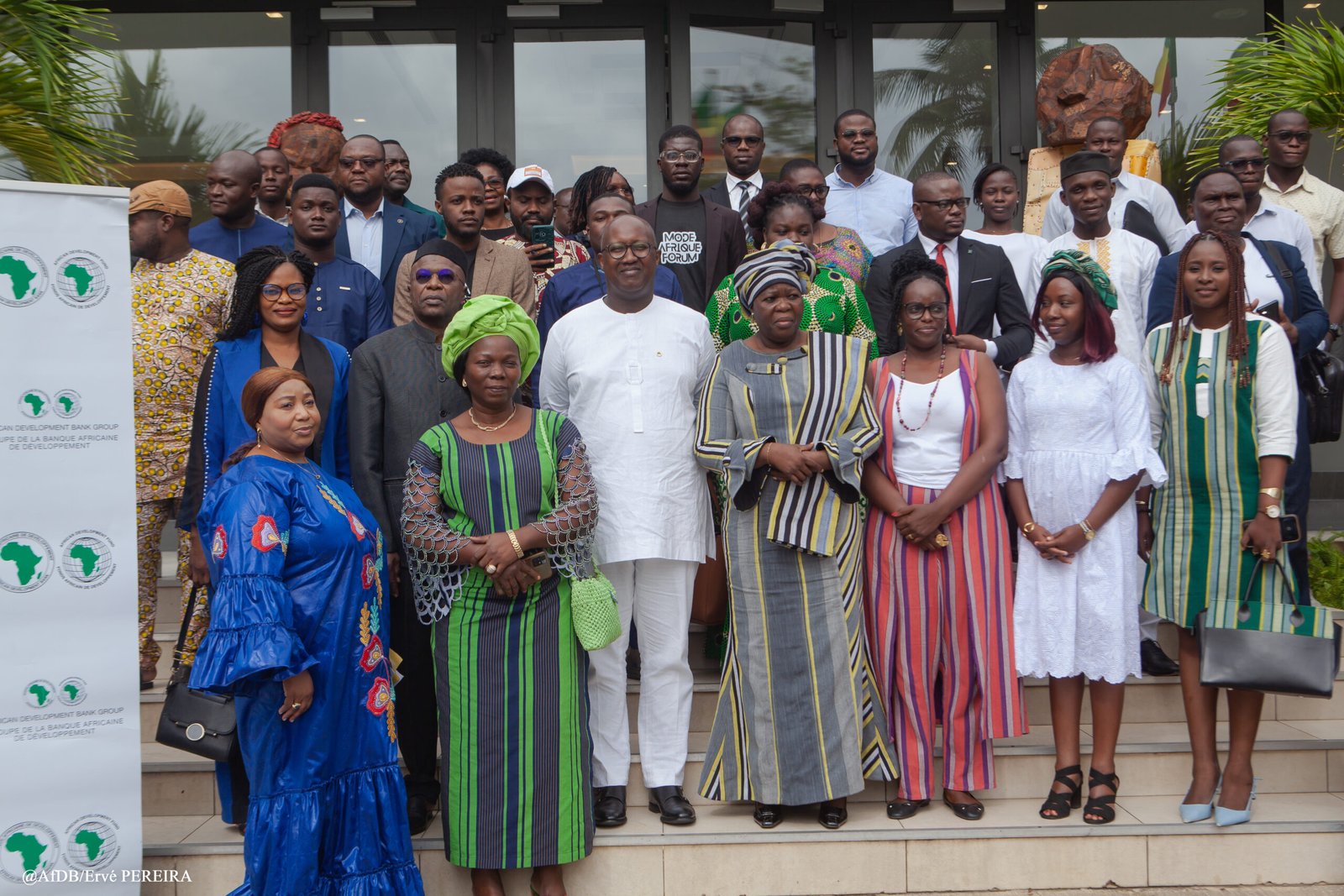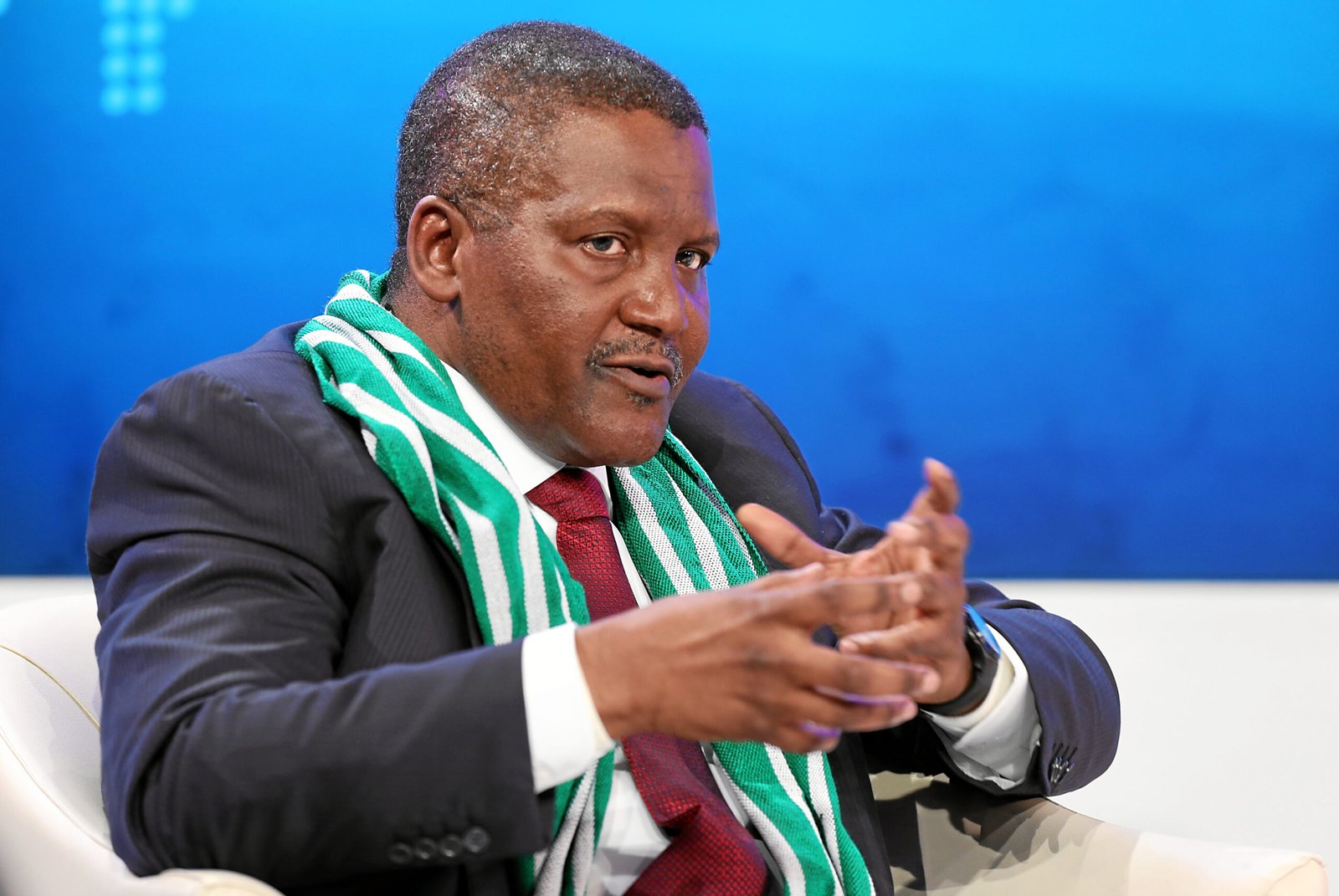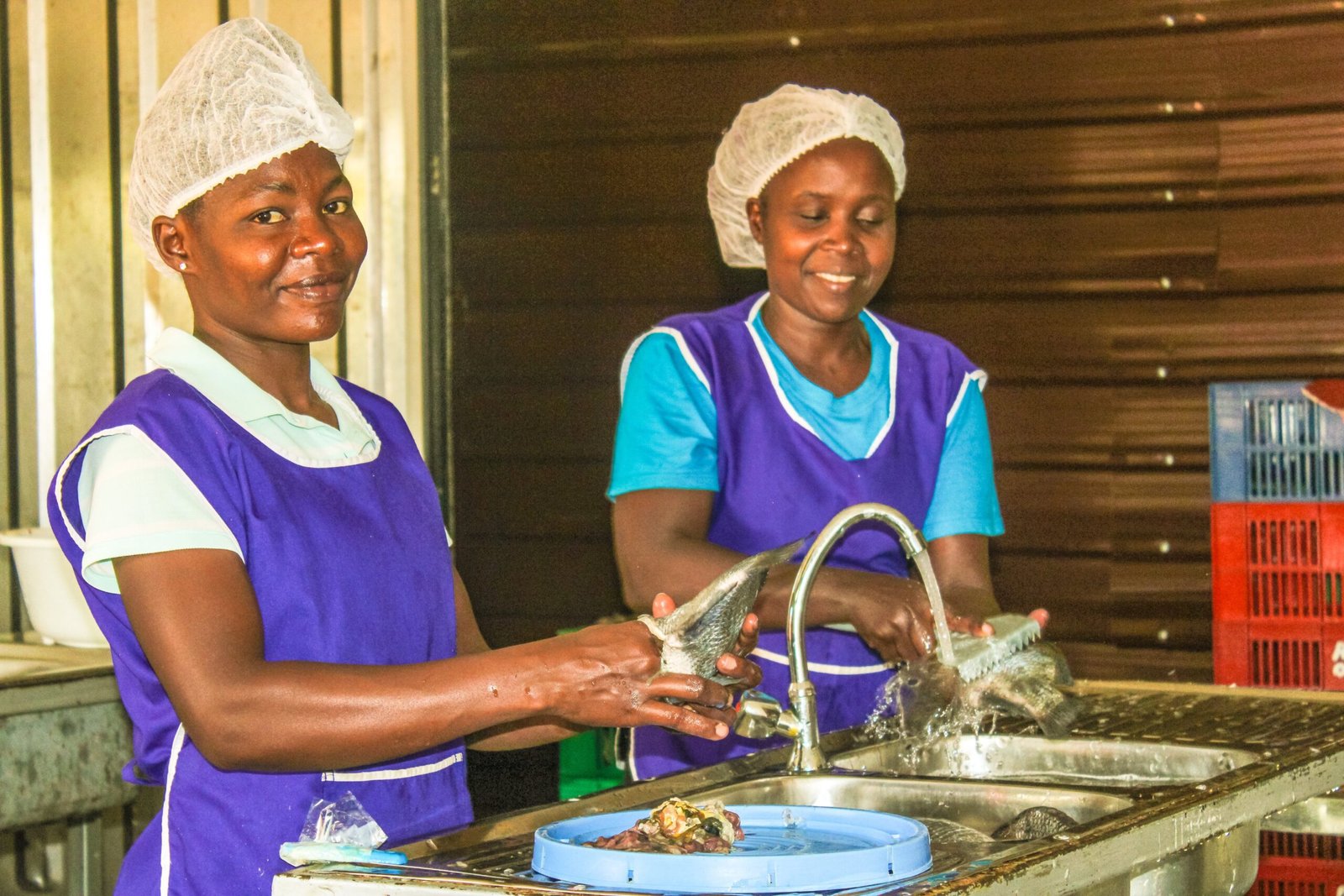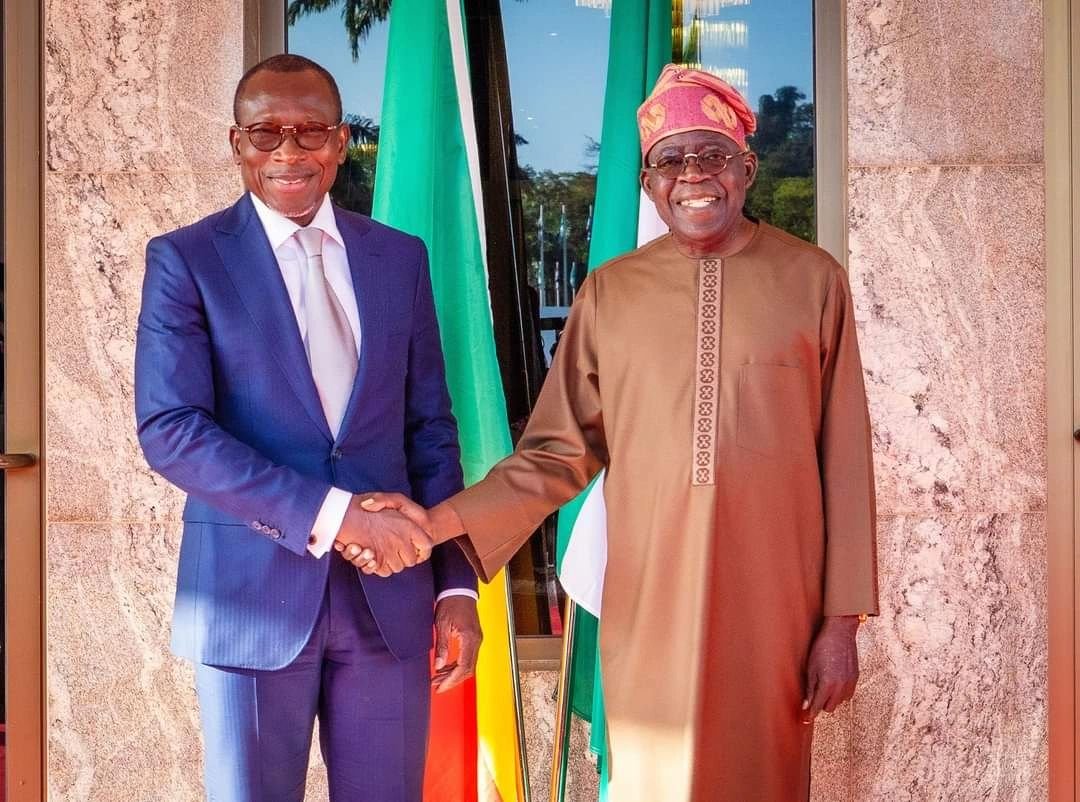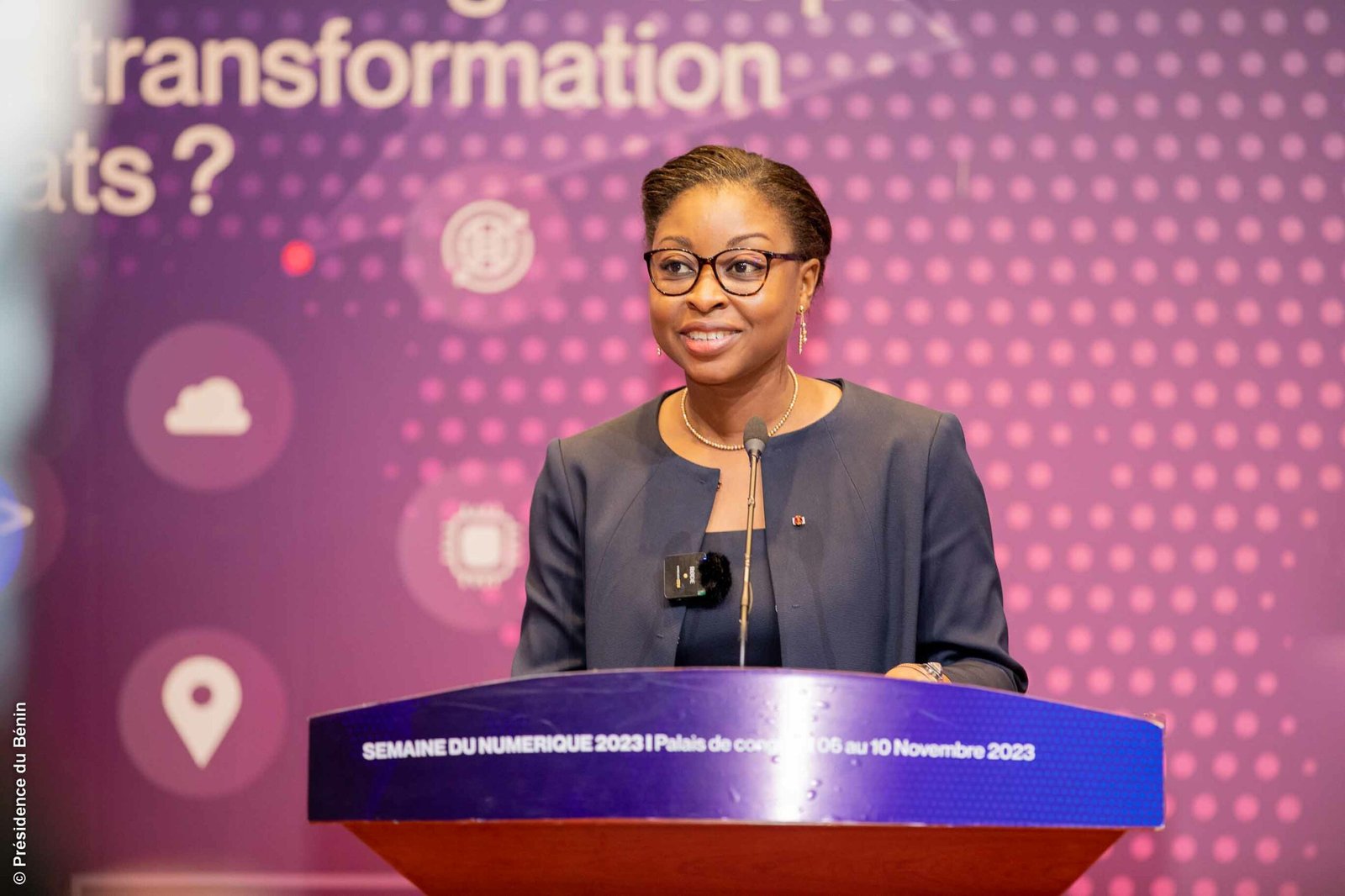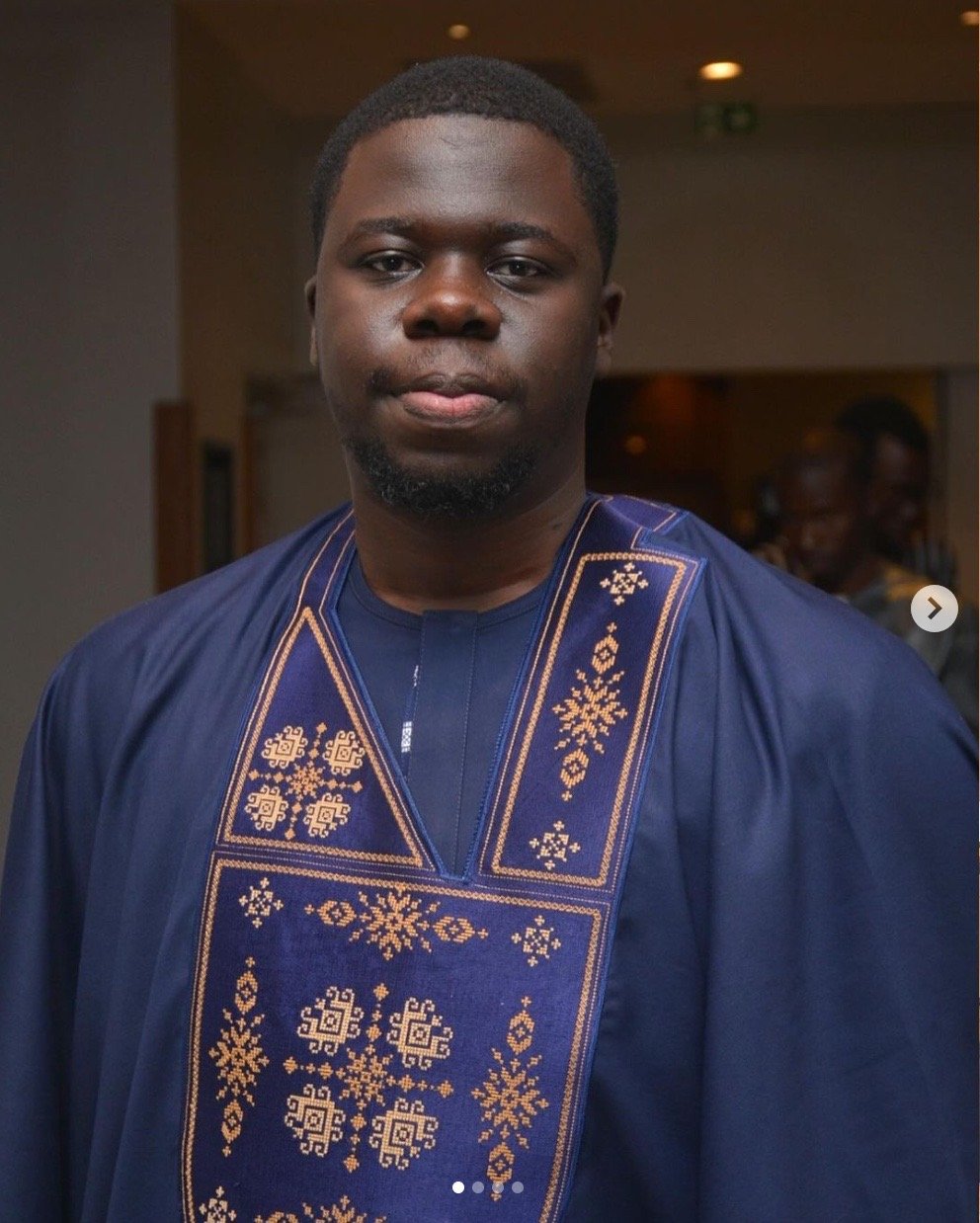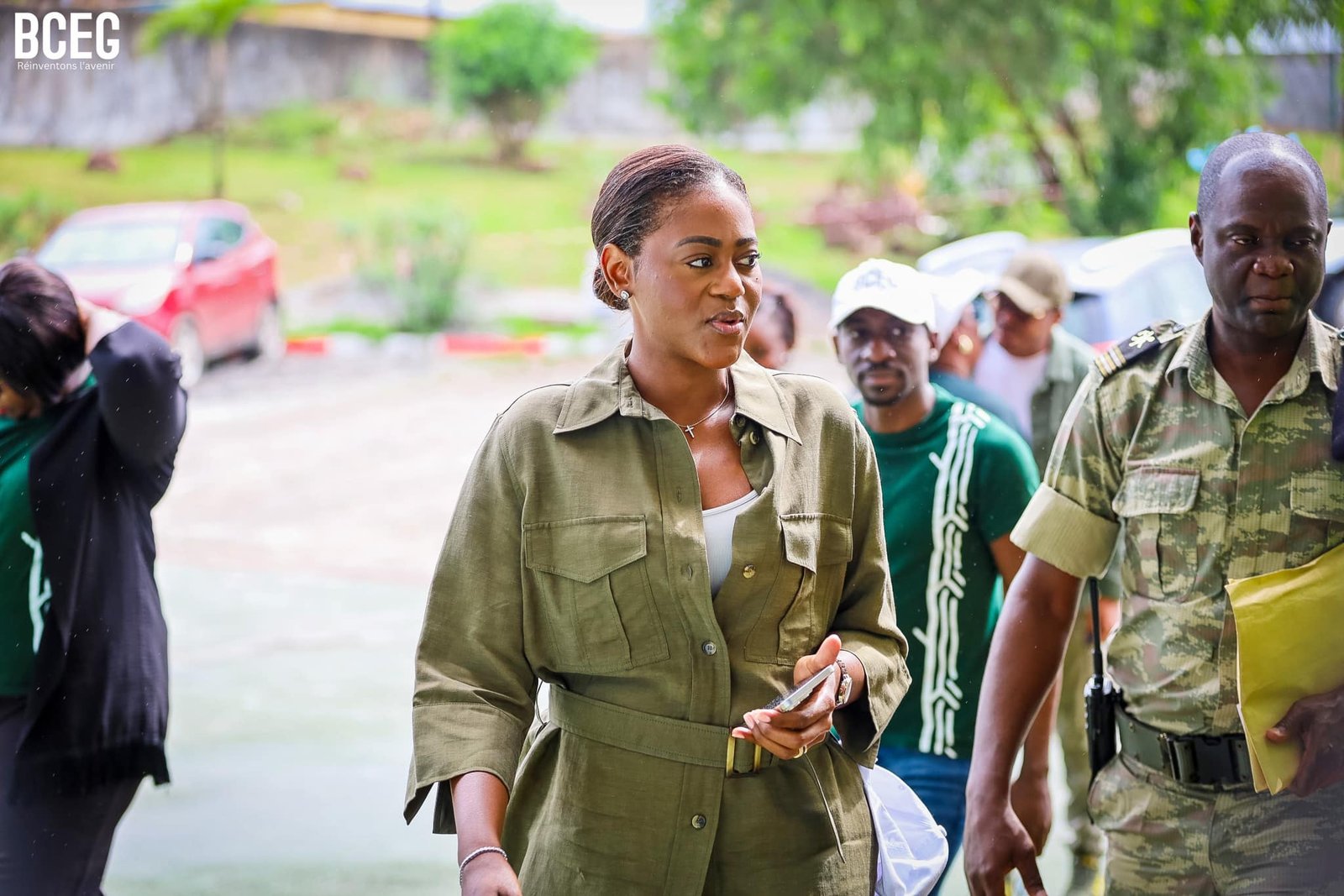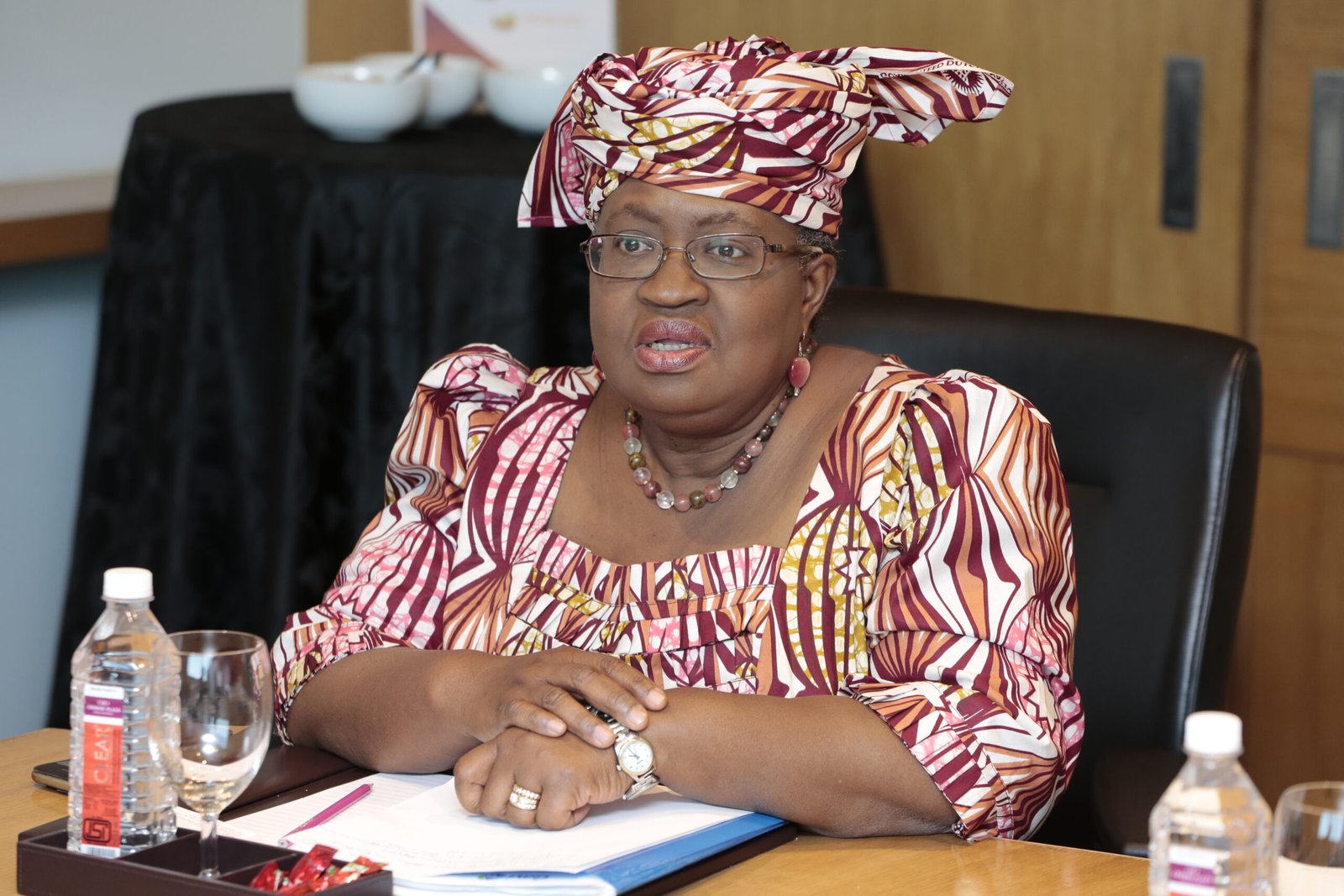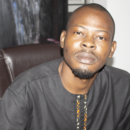Dr Gamuchirai Mutezo, founder and CEO of Madam Waste
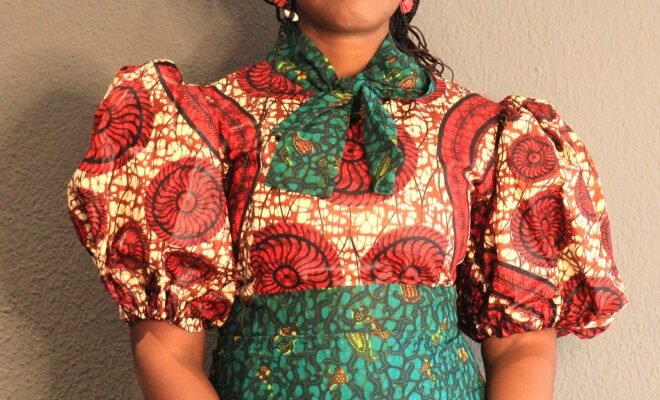
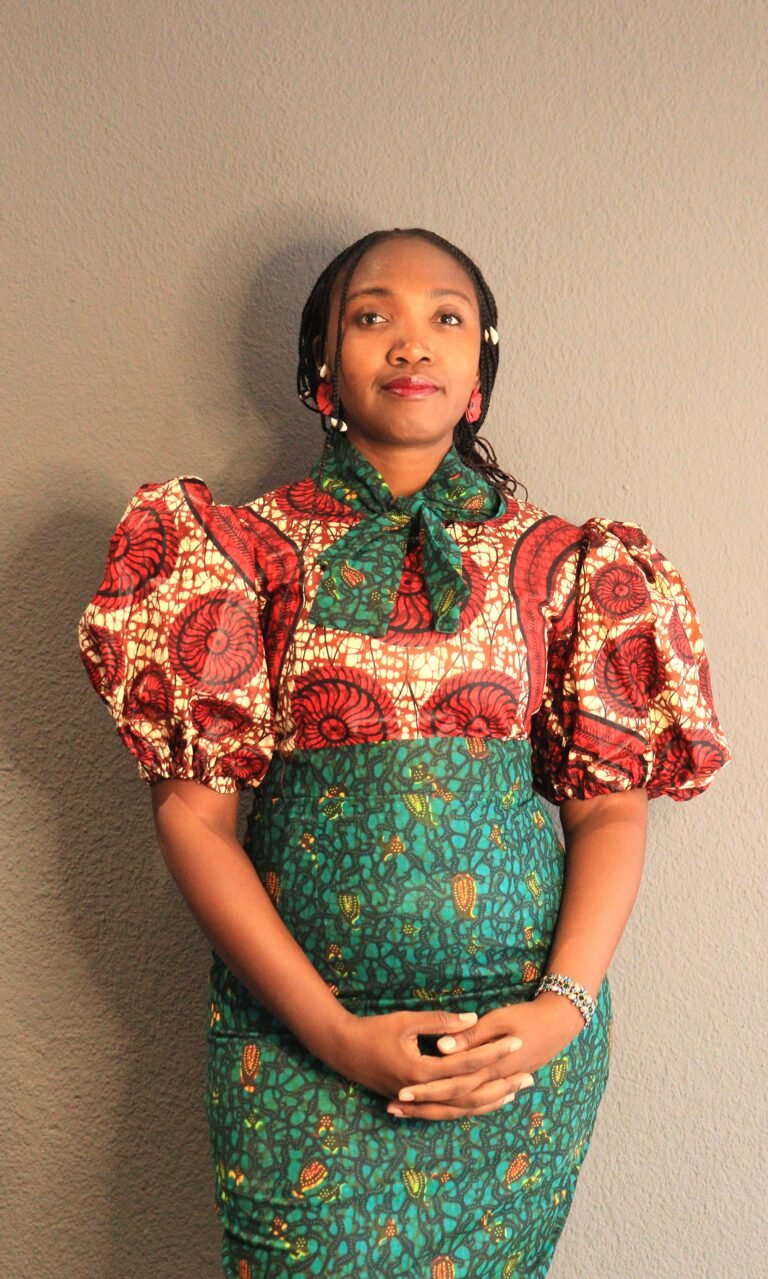
The K-world magazine team had the great pleasure to spend some time with Dr Gamuchirai Mutezo for an interview on her business and thoughts about made in Africa products and services.
Dr Gamuchirai Mutezo is a young entrepreneur currently based in Johannesburg (South Africa). She originates from Zimbabwe though, and this is one structuring point in the story we are about to share. Dr Mutezo considers it a privilege that she was raised in South Africa while being nurtured in the Zimbabwean traditions by her parents. She insists that having the chance go back to her grand-mother’s village in Zimbabwe on a regular basis, made her very conscious of the importance to live in harmony with nature and to protect our environment.
She has this strong belief that even though sometimes we tend to ignore it, as adults, we do often act unconsciously or in plain awareness, according to our family values.
How it all started?
Dr Mutezo studied Town and Regional planning and later, she wanted to study Environmental Engineering. But she soon realized that she was a little too ahead of time for her community. The course was not available so, she studied Renewable Energy instead, specializing in waste-to-energy (WtE). To cut things short, Dr Mutezo obtained her master’s degree in Energy Poverty and Development.
During her studies, she simultaneously got more aware of WtE and their possibilities to be adopted in African cities. Thereafter, she decided to dedicate her doctorate to combining all her knowledge with her new finds about turning waste into energy. That, in a nutshell, is the beginning of the venture that led to the birth of Madam Waste Urban and Energy Planners.
Who is Madam Waste and what is the waste-to-energy concept?
Let’s keep this “simple stupid”. The waste-to-energy concept is nothing less than creating energy out of our waste as households and industries. This is literally handling wastes and turning them into energy / biogas. There are different technologies for different types of waste e.g., organics, plastic, paper, metal and more.
One of the ways to do this is by using a technology called anaerobic digestion. As a town planner, Dr Mutezo naturally was frequently in contact with the public sector. Right from her master’s degree period, she saw opportunities to become an entrepreneur and offer added value services that would combine biogas technology and town planning, per say.
Just to clear things up a little bit for us newbies, the value chain of the venture is the following:
- Households, institutions, government, businesses restaurants, shopping malls etc… do produce organic wastes. Those are the providers of the “raw material” needed at first, to produce biogas or even electricity, depending on the quality and quantity of the waste.
- Then there is the land where that waste has to be kept before being transformed. This conversation takes place with the public sector officials.
- The actual transformation then can be organized. This is the beginning of the anaerobic digestive process. For newbies (again) this is the same process as our own digestive system. Whatever we ingest is transformed into energy by our stomachs. All the good quality inputs are converted into energy and are displayed accordingly to fuel the body e.g., in the form of kilojoules for your body. Anything that goes in and does not bring any immediate and/or significant value, is either stored as fat for future use or evacuated.
- Then comes distribution / commercialization of the biogas, heat and fertilizer produced.
Note that just like with the human body, the quality of the output depends on the quality of the input. My people, waste can be treasures. We should pay more attention to them.
What of Madam Waste then?
Well, if you ask me, I will say it’s the next big thing in the doing in South Africa. Or better still, in the continent.
But Dr Mutezo is more reserved. She and her partners are currently focusing on being facilitating experts between waste producers, waste transformers and public energy consumers. They consult and help actors to come up with performant value chains that provide energy to towns, businesses, and households, while promoting a circular economy.
When you visit their website, you can read this:
“Africa’s population is expected to double in the coming decade. Growing industrialization and a young population will see urbanization rate increasing, as well as waste generation and energy demand. The proliferations present exciting opportunities to change the narrative of energy access in urban areas.”
In other words, Madam Waste wants to make “clean energy” based on “Circular Economy values”, the new normal go-to solution to provide energy in our African communities. This is the “Why”, she and her partners do what they do.
Now the “How” of the story is that they believe they can succeed by operationalizing 3 of the 17 goals of sustainable development elaborated by the United Nations in 2015.
The first is goal number 7 : “Ensure access to affordable, reliable, sustainable and modern energy”. The company and its leaders want to “improve access to clean and safe cooking fuels and technologies for 3 billion people”, hence becoming a significant contributor to “electrification in sub-Saharan Africa”.
The second is goal number 11: “Make cities inclusive, safe, resilient and sustainable”. Madam Waste is concerned by the side effects of the rapid and sometimes not properly handled growth of African cities. They highlighted that “growing numbers of slums, inadequate and overburdened infrastructure, and services” are “worsening air pollution and unplanned urban sprawl”. This is more reason for them to offer solutions that can help regain control over the current situation.
Last is goal number 12: “Ensure sustainable consumption and production patterns”. The team believes that working towards that goal “is about promoting resource and energy efficiency, sustainable infrastructure, and providing access to basic services, green and decent jobs and a better quality of life for all”.
What is Dr Gamuchirai Mutezo’s opinion about “Made in Africa”?
This is a big subject for Dr Mutezo. She started with the fact that we should be focusing on « what we did, before life happened, what we were capable of …it’s so exciting to be reminded of what we did, that you can do it, and we can continue to do it. » She then pointed that We, Africans, tend to privilege things coming from countries outside the continent. We need to dissociate from that habit and all narratives supporting that. And this starts from what we are taught in schools, on media, at home …
The question we should keep on asking ourselves should be « Why is this considered the best? Why is that the best? »
Dr Mutezo believes that holding the conversation about the African continental free-trade area (AfCFTA) can contribute in a very positive way, to a deep questioning and dynamisation of African industries and service providing, with regards to the « made in Africa » matter.
Her experience in the incubation and acceleration of businesses sector made her aware that foreign professionals are very keen on supporting African startups. Instead of flatting her ego, it had the opposite effect: « What do you people see that we do not see? ». She does advocate for us African entrepreneurs, making the best possible use of our critical thinking skills on that very matter. Why would foreigners want to fund this, support that, want to invest in that?
Dr Mutezo believes that we need to critically question our ourselves and what we are capable of. « If we continue questioning and (…) having this conversation amongst us (..) we might end up being more comfortable about what we are doing and go…hey! This is what I am doing, it’s made in African! Take it or leave it! Let those with their own opinion which might be considered negative, have them. It’s fine. But he and she who intentionally wants to have a different narrative, should tell it ».
She emphasis on all the reports saying that Africa is the next big thing to come…So how about Africans be the first beneficiaries of that? Dr Mutezo claims that the afro centrist « for us by us » approach, is a structuring mindset in a business model at Madam Waste. « Whether we do it right or die trying, we are part of the conversation around renewables, around waste management, around circular economy ».
Should we go with « Made in Africa » or rather « Made in country or region XXX »?
« I would “continentify” it instead. Reason being (…) there is always greater power in number when you co-create and collaborate. (…) ». In other words, Dr Mutezo does support the idea that number matters… She says, « mushrooms are scary when they are together ». 😀 She does recognize that we have different environments, cultures, and habits in the African countries. But she also strongly believes that there is more to win by putting our strengths together to win over international markets. Therefore, made in Africa is preferable.
How can or what you do at Madam Waste, contribute to better « Made in Africa » branding perception?
To illustrate her opinion on the matter, Dr Mutezo gave us the example of a situation we can (unfortunately) frequently encounter in some African countries. She talked about how some floods would sometimes unclog sewage pipes. She mentioned the waste that break loose from these pipes, and how people would complain about governments failing to help maintain clean and safe environments. For Madam Waste, this is a serious business opportunity, because often, most of the waste that emerge are plastics bags. « The value is starting to look at challenges and identifying opportunities to make money ».
So, for instance, instead of complaining about how plastics wastes are clogging pipes, how about hiring people to collect these plastic wastes and eventually turn them into recycled plastic bottles? This is simple, and this is « Made in Africa ». It serves our community because we need plastic bottles daily, and we need a clean safe environment at the same time. This kind of activity makes sense for our communities and does not need any international validation to be implemented nor valued.
The same approach goes for organic fertilizers for instance. How about adding value to the ancient technique of just « staking waste in the backyard and waiting to see what happens ». How about « intentionally using research and development » to add value to the organic compost we can get from managing and exploiting our wastes? Hence, we can approach our own market and others, with a new value built in Africa.
Not everything is in the dark though, because « when you go to certain conferences, you see young African that do things, but they do not always have the right platforms to showcase, or they don’t package it in a way that you can be proud to say: this is made in Africa! ».
Dr Mutezo believes it is by being proudly intentional and useful to our communities, that we can bring more value into what we produce and serve to our consumers. Then, it is our responsibility to showcase it in a way that will attract customers at home and abroad.
Need not say that we had a very interesting time with Dr Mutezo about what she does and her vision for the future. So, you can be certain that we are going to follow-up on her and keep you people posted.
Leave a reply Annuler la réponse
Ce site utilise Akismet pour réduire les indésirables. En savoir plus sur la façon dont les données de vos commentaires sont traitées.


